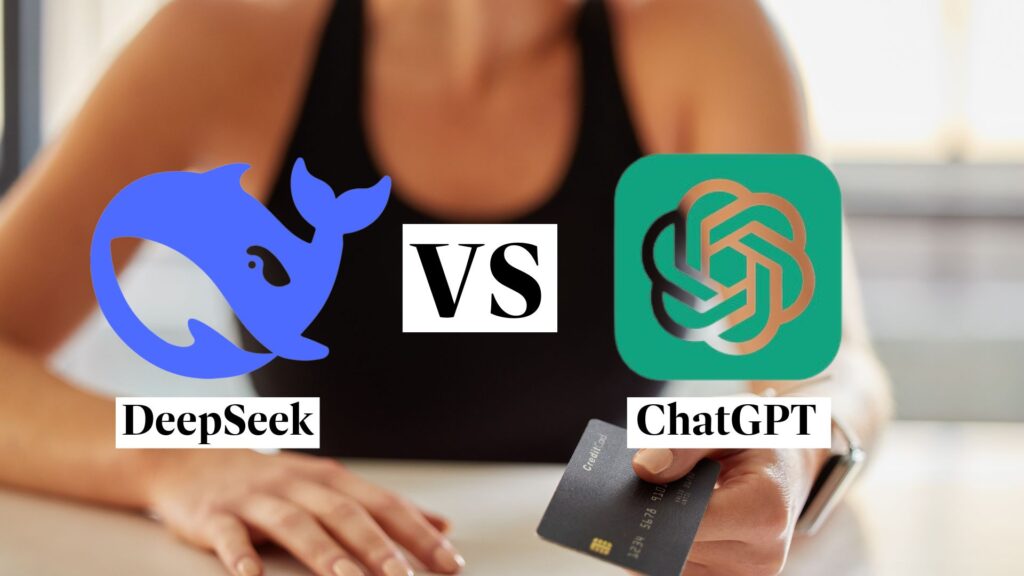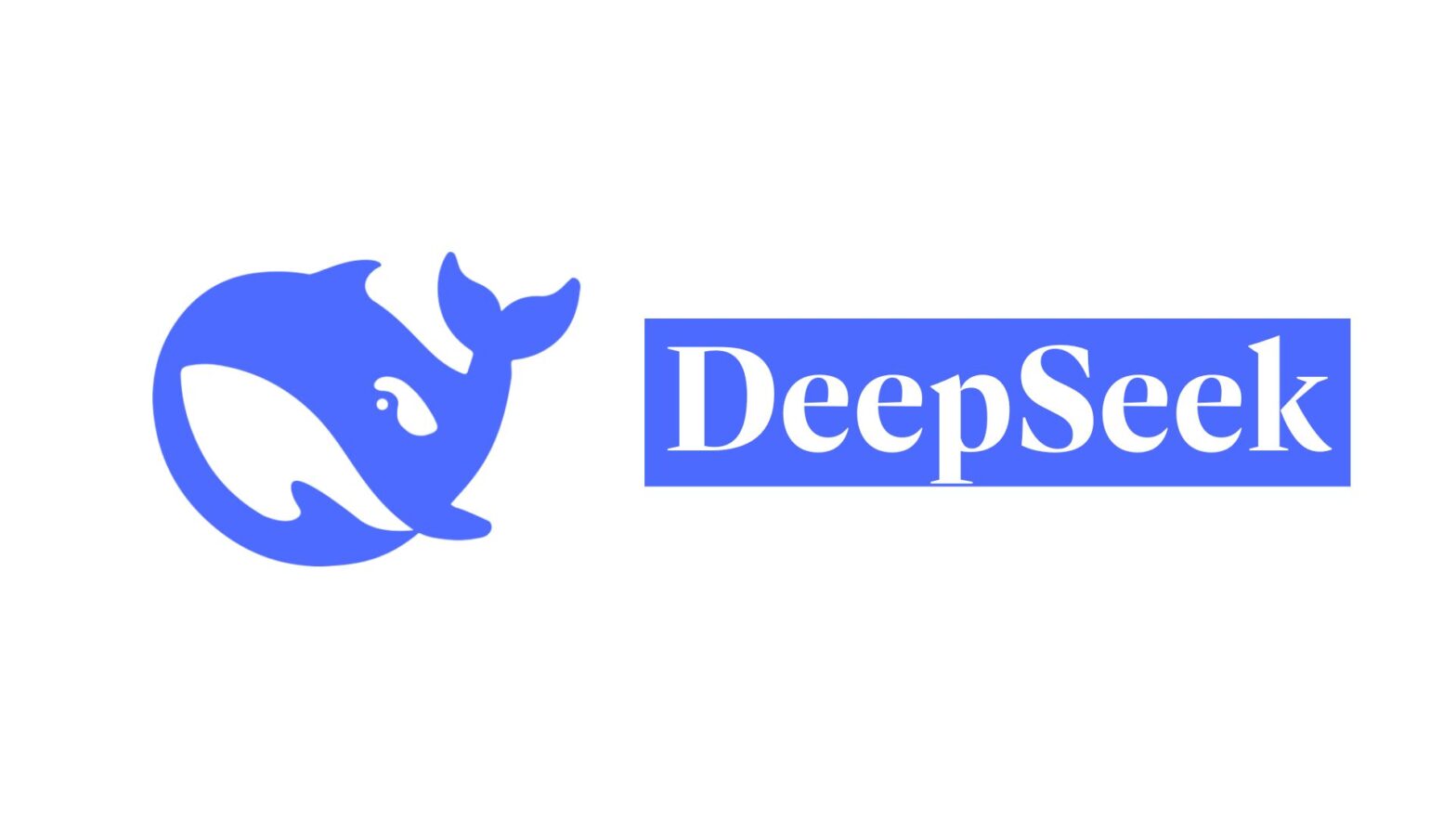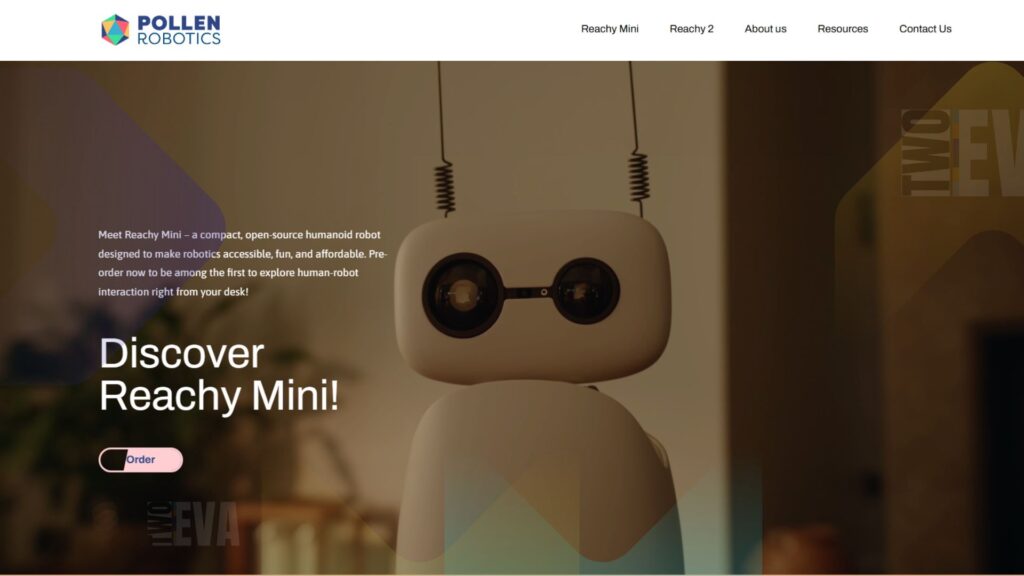In a surprising turn of events, tech giants Baidu and OpenAI have announced plans to offer their advanced AI chatbot services for free, a move that appears to be a direct response to the rising success of Chinese AI startup DeepSeek. This unexpected shift in the competitive landscape of artificial intelligence has left industry analysts questioning the long-term implications and sustainability of such a strategy.
DeepSeek, a relatively new player in the AI arena founded just two years ago, has rapidly gained prominence with its cost-efficient and high-performing AI models. The startup’s success story, however, raises eyebrows given its reported development budget of merely $5.6 million – a figure that seems implausibly low for creating AI models that rival those of industry leaders.
Baidu’s Bold Move
Baidu, China’s search engine behemoth, has declared that its Ernie Bot will be available at no cost for both mobile and desktop users starting April 1, 2025. This decision marks a significant departure from its previous model, where premium features such as AI-generated images came with monthly fees of up to 59.9 yuan ($8.20). While Baidu’s stock saw a substantial jump following the announcement, rising as much as 12% on Thursday, questions remain about the company’s strategy to monetize its AI investments in the long run.
Adding to the intrigue, Baidu has also announced plans to release the next generation of its AI model by June 2025, with the unprecedented decision to make it open source. This move, while potentially fostering innovation, also raises concerns about intellectual property protection and the company’s ability to maintain a competitive edge.

OpenAI’s Counter-Move
Not to be outdone, OpenAI CEO Sam Altman revealed that ChatGPT users will have unlimited access to the upcoming GPT-5 model for free. However, the devil may be in the details, as Altman mentioned that paid subscribers will still have access to a “higher level of intelligence”. This tiered approach leaves room for skepticism about what features will truly be available in the free version and whether it will be enough to compete with DeepSeek’s offerings.
The DeepSeek Phenomenon
The catalyst for these dramatic shifts appears to be DeepSeek’s meteoric rise. The startup’s AI models have gained traction due to their advanced capabilities and lower operational costs. DeepSeek’s chatbot has even surpassed ChatGPT in AppStore downloads in the United States, a feat that has undoubtedly sent shockwaves through the industry.
However, the claims surrounding DeepSeek’s capabilities and cost-efficiency warrant closer scrutiny. The company boasts impressive performance metrics, such as a 79.8% success rate on the American Invitational Mathematics Examination (AIME) 2024 and surpassing 96.3% of human participants on Codeforces with a 2029 Elo rating. While these figures are remarkable, independent verification of these claims is crucial before drawing definitive conclusions about DeepSeek’s superiority.
Implications for the AI Landscape
The sudden shift towards free AI services and open-source models could have far-reaching consequences for the industry. While it may democratize access to advanced AI technologies, it also raises questions about data privacy, ethical AI use, and the potential for market consolidation.
| Potential Benefits | Potential Risks |
|---|---|
| Increased accessibility to AI tools | Data privacy concerns |
| Acceleration of AI innovation | Ethical challenges in AI development |
| Democratization of technology | Potential for market monopolization |
| Enhanced productivity for businesses | Sustainability of free business models |
As companies compete for user data and engagement, the true cost of these “free” services may be the users’ personal information and online behaviors. Moreover, the sustainability of offering advanced AI models for free is questionable, given the substantial computing resources required to run these systems.
The AI chatbot market’s shift towards open-source models, exemplified by both DeepSeek and Baidu’s announcements, could lead to a proliferation of AI applications across various sectors. However, it also poses challenges for companies trying to protect their intellectual property and maintain a competitive advantage.
In conclusion, the long-term viability of such business models, the true capabilities of these AI systems, and the potential hidden costs to users and society at large remain to be seen. As the AI race intensifies, it will be essential to closely monitor how these companies balance innovation, accessibility, and profitability in the evolving landscape of artificial intelligence.

















